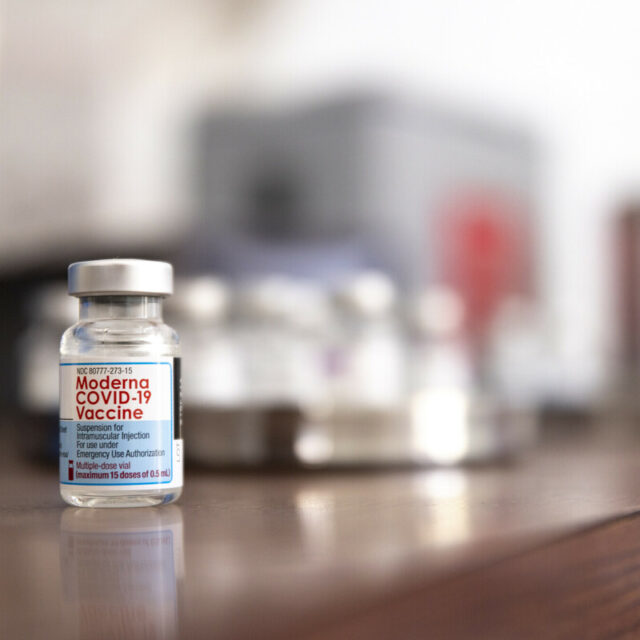While the pandemic is hitting all global economies around the world, African countries have been hit especially badly. In the lead-up to the pandemic, there was a decline in official development assistance (ODA) and an increase in debt. And since the pandemic hit, there have been huge declines in remittances, foreign investment, and revenues.
The impact isn’t just economic, but it’s also on an individual level — access to vaccines, children not being able to go to school and learn, and people going to bed hungry. Here are four things that you may not know about the economic impact of the pandemic.
1. The pandemic could end up costing the global economy roughly US$10 billion a day, or more than US$22 TRILLION by 2025.
Decades of economic progress and development gains could be lost. That’s why we’re calling for an economic response package for the countries that are most in need.
2. 64 developing countries — half of which are in Africa — have been spending more on debt repayments than on healthcare.
The good news is that there are solutions on the horizon. An extension of the G20’s Debt Service Suspension Initiative (DSSI) could free up a total of US$17 billion in bilateral debt repayments in 2021 alone. If multilateral creditors take part, this could save an additional US$13.7 billion, and US$12.5 billion could be saved from private creditor participation. We also need a fair plan for providing greater debt relief to countries most in need (as part of the Common Framework) with full participation from all creditors.
3. The world’s 20 wealthiest countries have ripped up the rulebook and spent almost 20% of GDP on their economic stimulus package. Low-income countries have spent less than 2% of GDP on their recovery efforts.
Vulnerable countries don’t have the same access to financial resources to help shore up their economies or fight the pandemic. This is why ONE has been calling for a new allocation of US$650 billion in Special Drawing Rights (SDRs), which was just announced by the IMF. SDRs are reserve assets that countries can exchange for foreign currency to allow them to buy vaccines or medical supplies. G20 countries and IMF members must now agree on a reallocation package to ensure that more SDRs get to vulnerable countries to help them through the pandemic. Read our SDRs blog and watch our video for more info.
4. Vaccine hoarding could cost the world up to US$9.2 trillion in 2021 alone, with wealthy countries incurring up to almost half of this cost.
However, if we act quickly to end the pandemic everywhere, everyone will benefit. US$9 trillion in global income could be raised cumulatively over 2020–2025, including around US$4 trillion for advanced economies if we achieve widespread vaccination and provide a strong economic response package for the countries in most need.
What do we need to do?
ONE is calling for a robust economic response package for vulnerable countries, which includes:
- A new allocation of US$650 billion in SDRs, with a mechanism for wealthy countries to transfer a portion of their SDRs to the most vulnerable countries
- An extension of the G20’s DSSI at least to the end of 2021
- Comprehensive, fair, and transparent debt restructuring for countries with unsustainable debt burdens, which includes private debt
If these measures are adopted this year, Africa would gain a financing boost worth more than US$42 billion. Read our full policy report.



